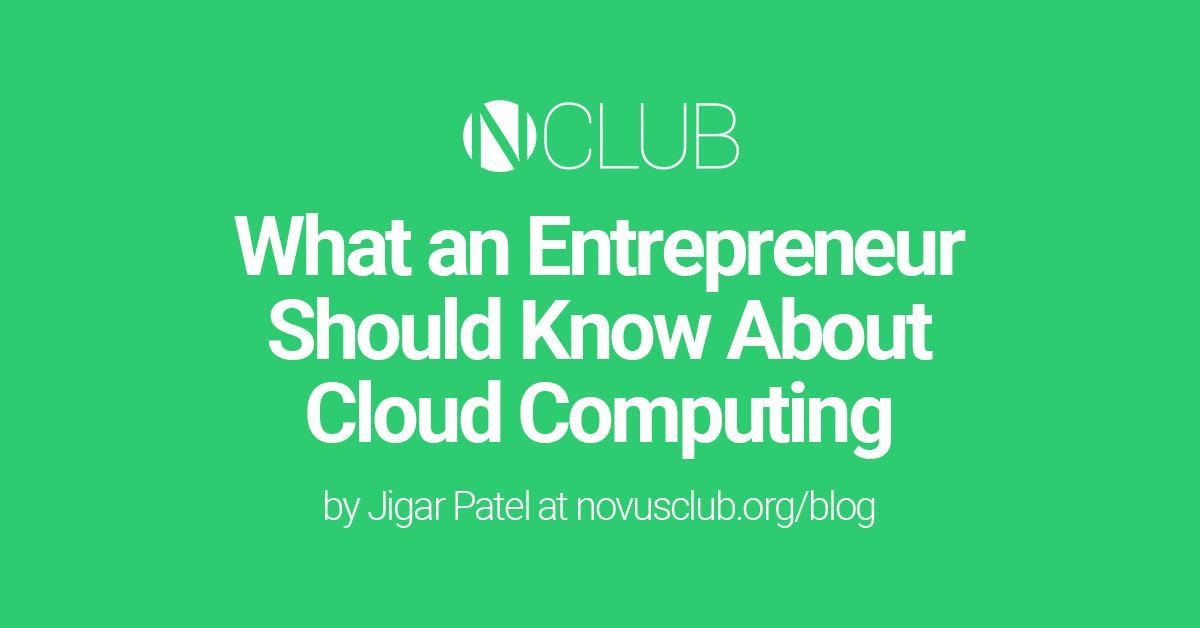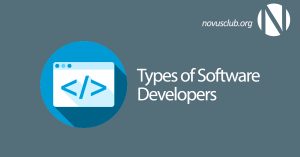What is cloud computing
Cloud is the next generation of tech and entrepreneurs can save time, money, and decrease labor while focusing on business. Cloud computing is the distribution of shared, on-demand computing services over the internet that offers innovation, flexibility of resources, and economies of scale as stated by Microsoft Azure.
Cloud computing resources include servers, storage, databases, networking, software, analytics, intelligence, and much more.
The leading cloud computing providers are Amazon Web Services (AWS), Google Cloud Platform, and Microsoft Azure.
Individuals utilizing cloud computing are not limited to one provider and may use a multi-cloud system. For example, a company could be using AWS for server resources and also use Google Cloud for their computer vision APIs if they provide more accurate computation.
Types of cloud computing models
The most complex type of cloud computing model is infrastructure as a service (IaaS). This model delivers computing resources in a virtualized fashion. IaaS is essentially used to replace physical resources, such as servers, with virtual resources hosted and managed by cloud providers mentioned above. This model enables more control over resources but requires more expertise to operate.
The second type of cloud computing is platform as a service (PaaS). It is an abstraction of IaaS so that developers can focus on developing services rather than maintaining infrastructures such as servers or operating systems (OS). Some examples of this model are Microsoft Azure Web Apps, and Google App Engine, Salesforce, and AWS Elastic Beanstalk.
The least complex type of computing model is software as a service (SaaS). SaaS is a way of accessing software services over the internet, instead of downloading data locally onto a device which is more time-consuming.
Benefits of cloud computing
1. Cost
One huge advantage of cloud computing is cost. It’s much cheaper to rent resources in the cloud than to purchase hardware that needs to be managed on-premise. bukméker tétje Consumers typically pay only for what they use, helping lower their operating costs, run their infrastructure more efficiently, and scale as their business grows.
2. System Upgrades
Making system upgrades in the cloud is significantly easier and quicker than on-premise resources. This removes the need to hire systems professionals and purchase the necessary hardware for upgrades.
3. Scalability
Scalability is another huge benefit of using cloud computing. It’s very easy to scale down or scale up resources based on customer traffic. The ability to scale quickly is part of the reason cloud computing is much cheaper than on-premise resources. gaminator hack android download Depending on the cloud service plan, consumers can set up auto-scaling to respond to business demand. Overall, this results in less maintenance requirements.
4. Reliability
Running a business using cloud services also comes with increased reliability. Furthermore, there is a very low chance of outages for cloud-based resources. Thus, businesses can continue to effectively serve their customers and operate without any disruptions.
5. Security
Protecting confidential data is crucial while running a business. It turns out that data is actually more secure in the cloud. nyerogepes jatekok online In addition, there is physical security at data centers. Backups of any data could also be created very easily.
6. Less Maintenance
Since all of the Information Technology (IT) resources for using the cloud are owned by cloud providers, an entrepreneur’s business doesn’t have the responsibility to maintain it or deal with operational issues. All of the management is delegated to a cloud provider at a lower price.
Overall, by using the cloud, an entrepreneur is given more time to put their efforts into running their business instead of managing IT resources. An entrepreneur using the cloud will be able to pivot much quicker than any of its competitors that are not taking advantage of the cloud.




